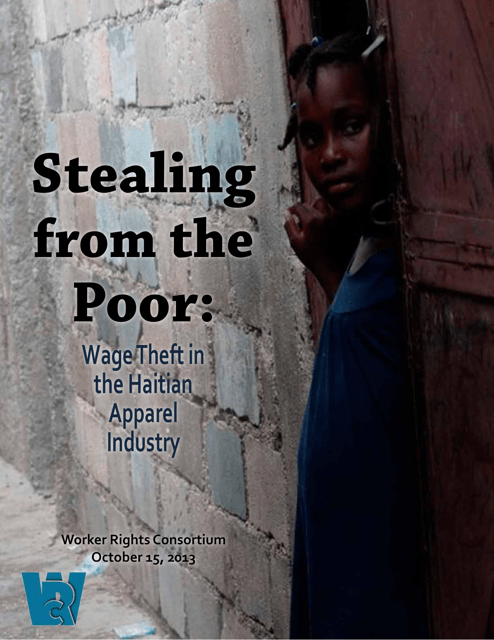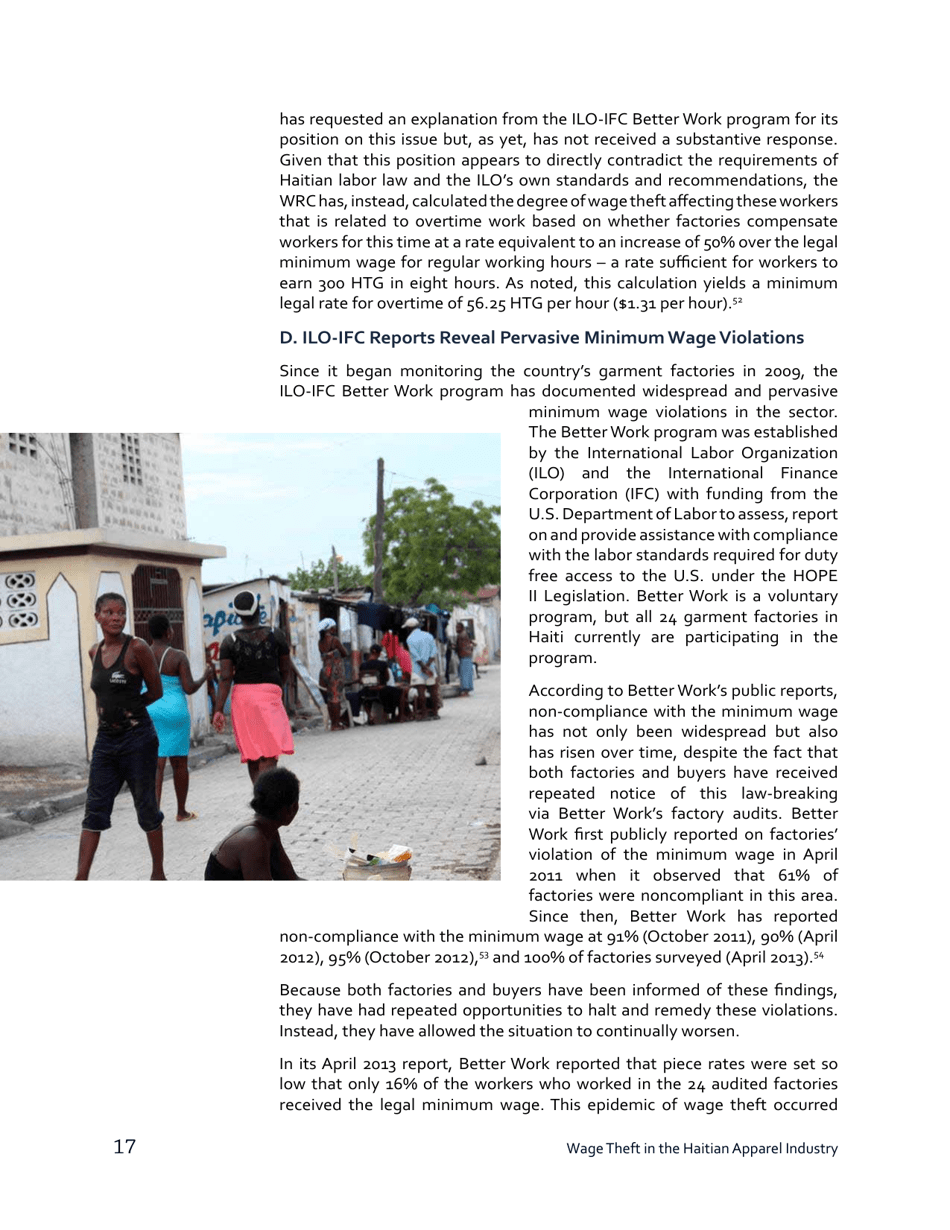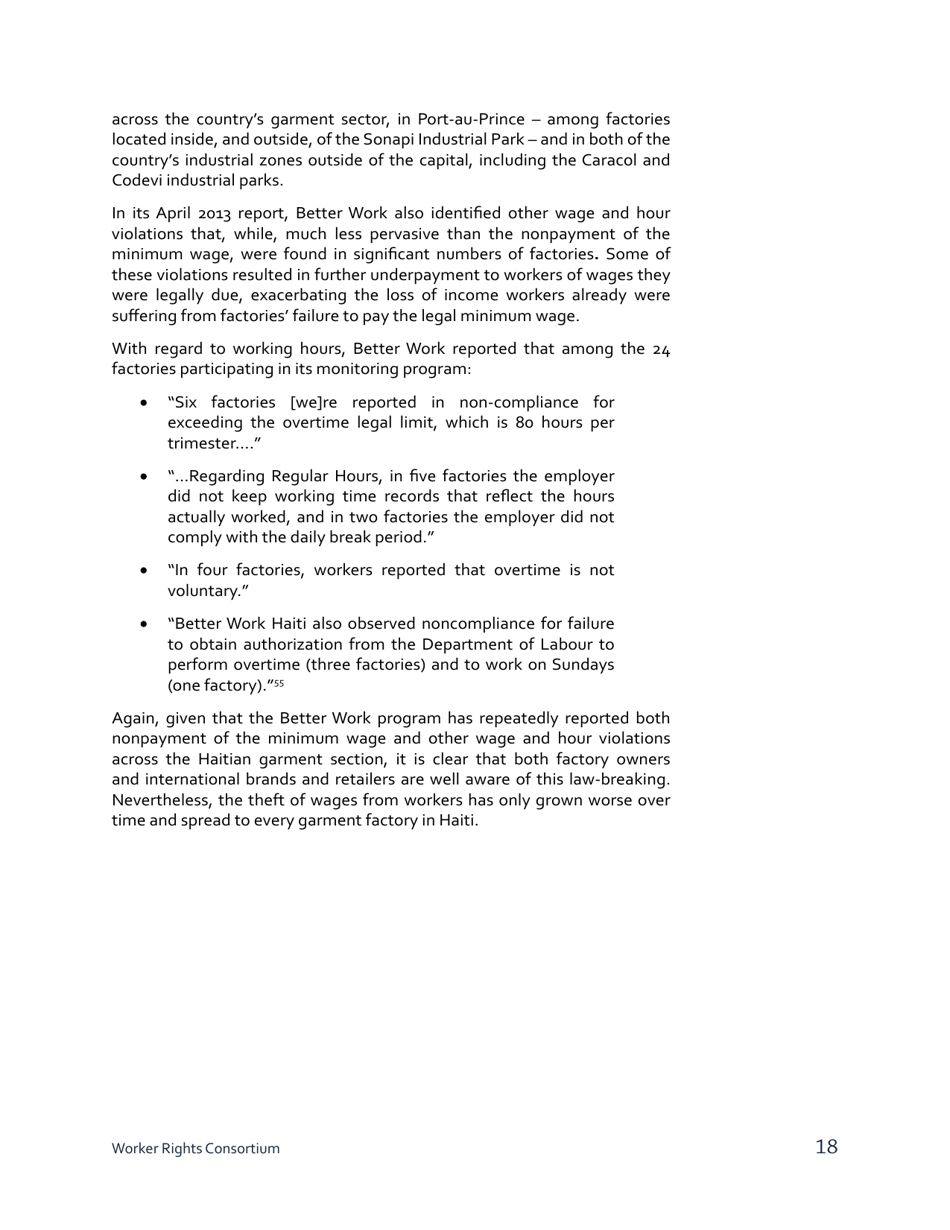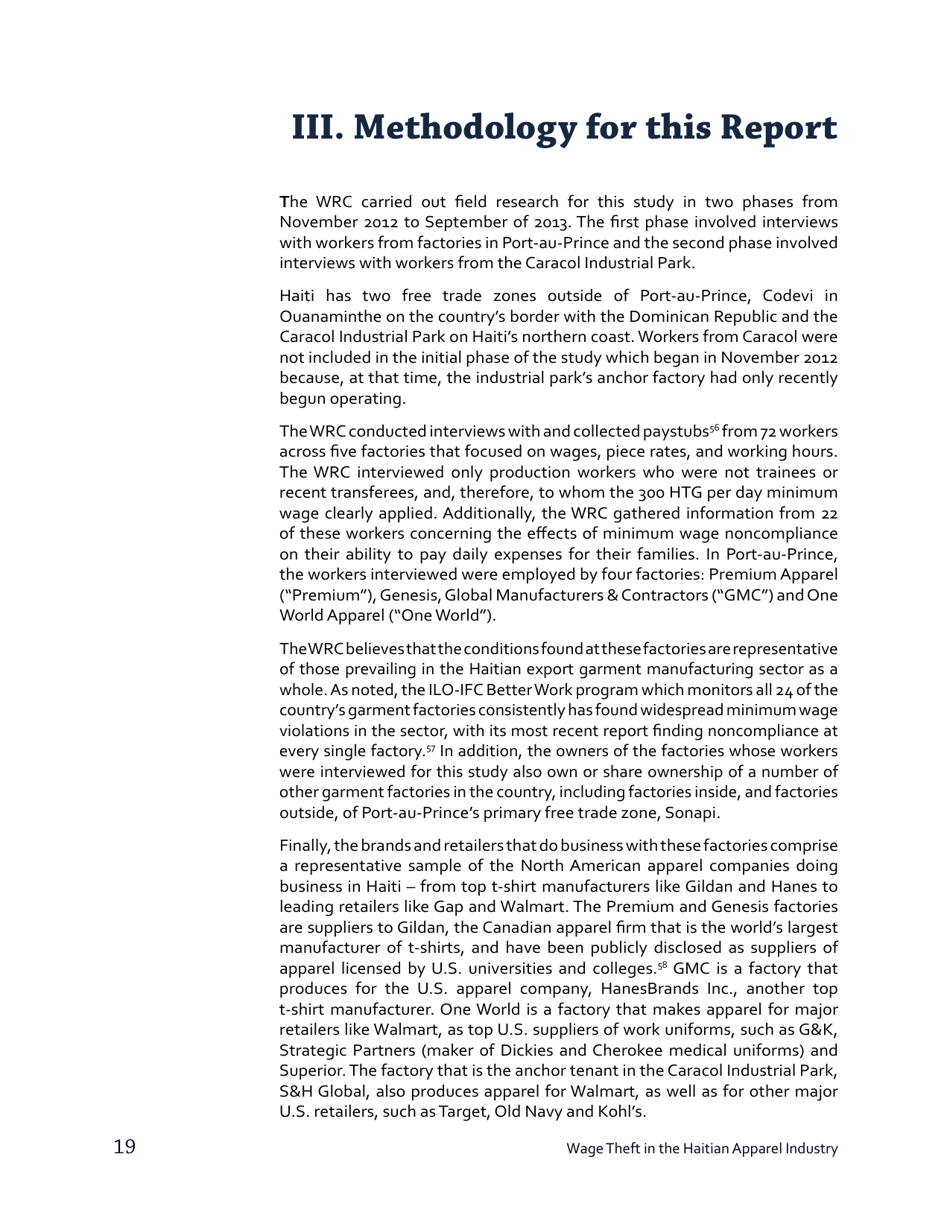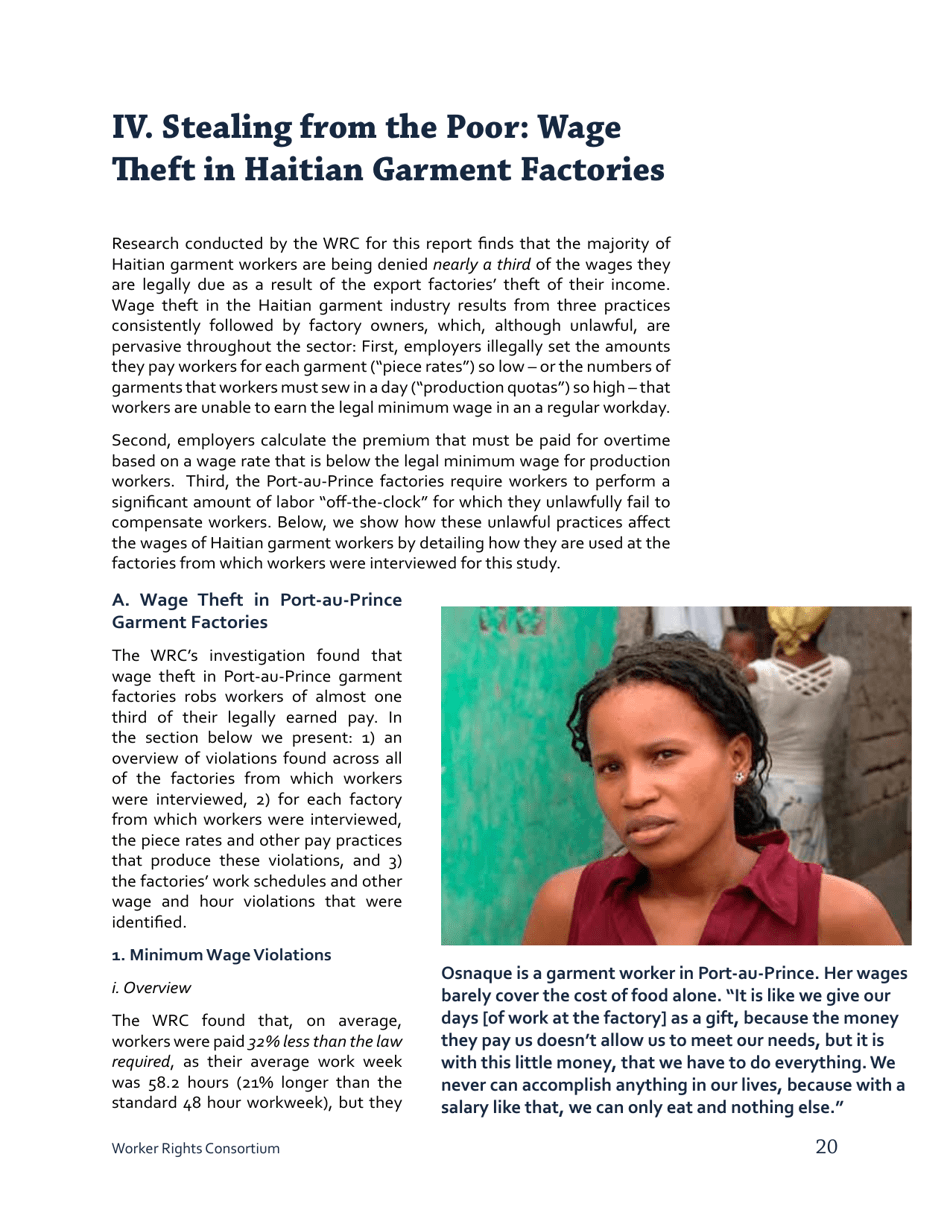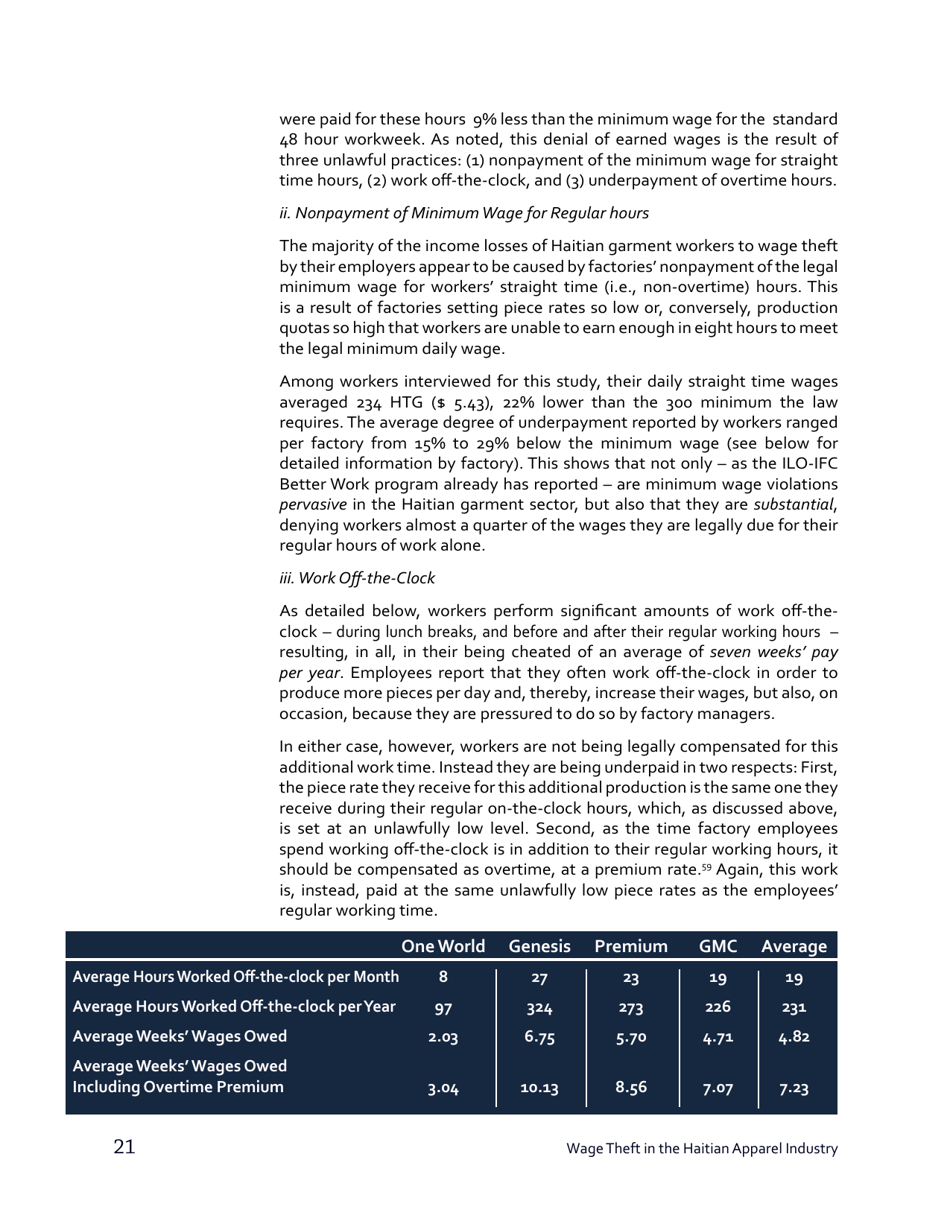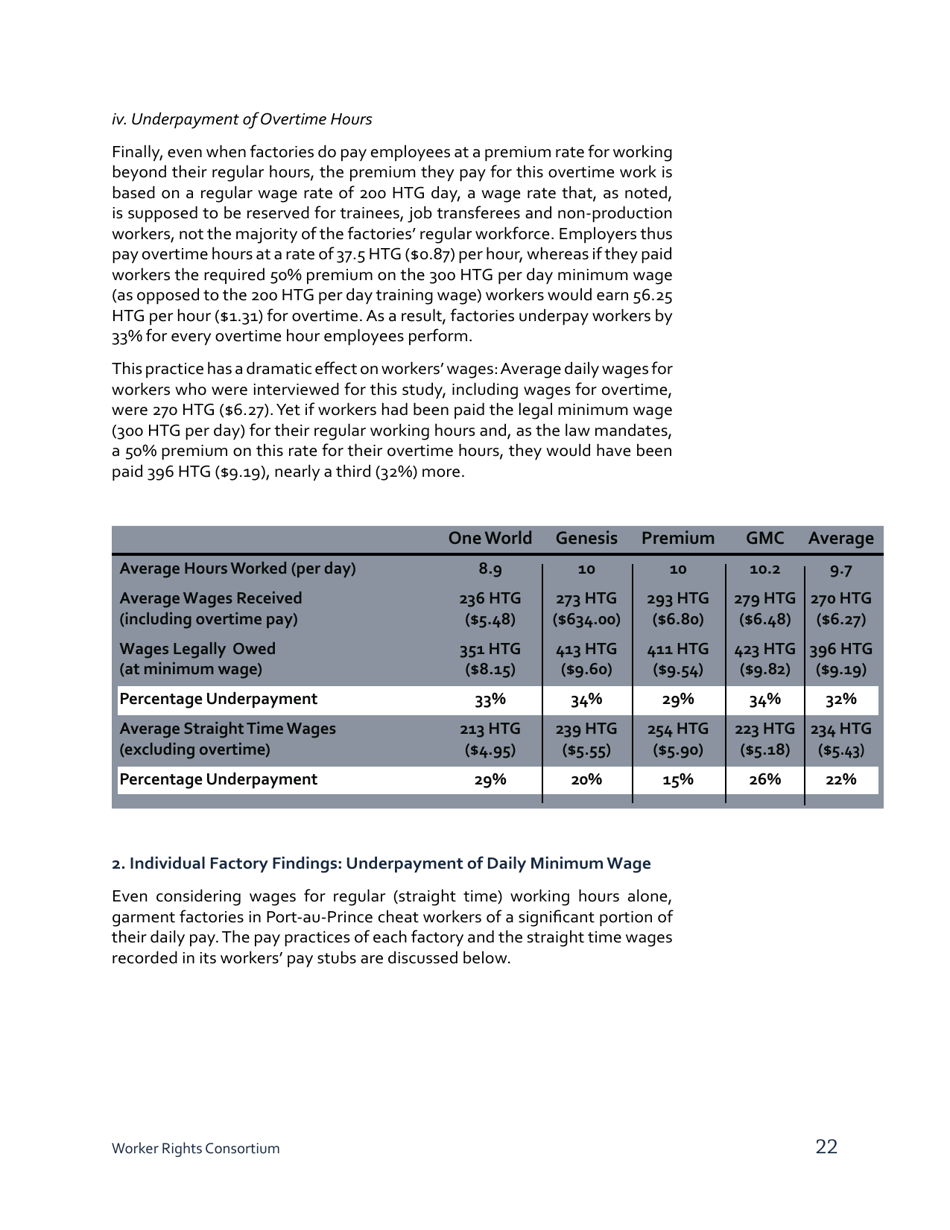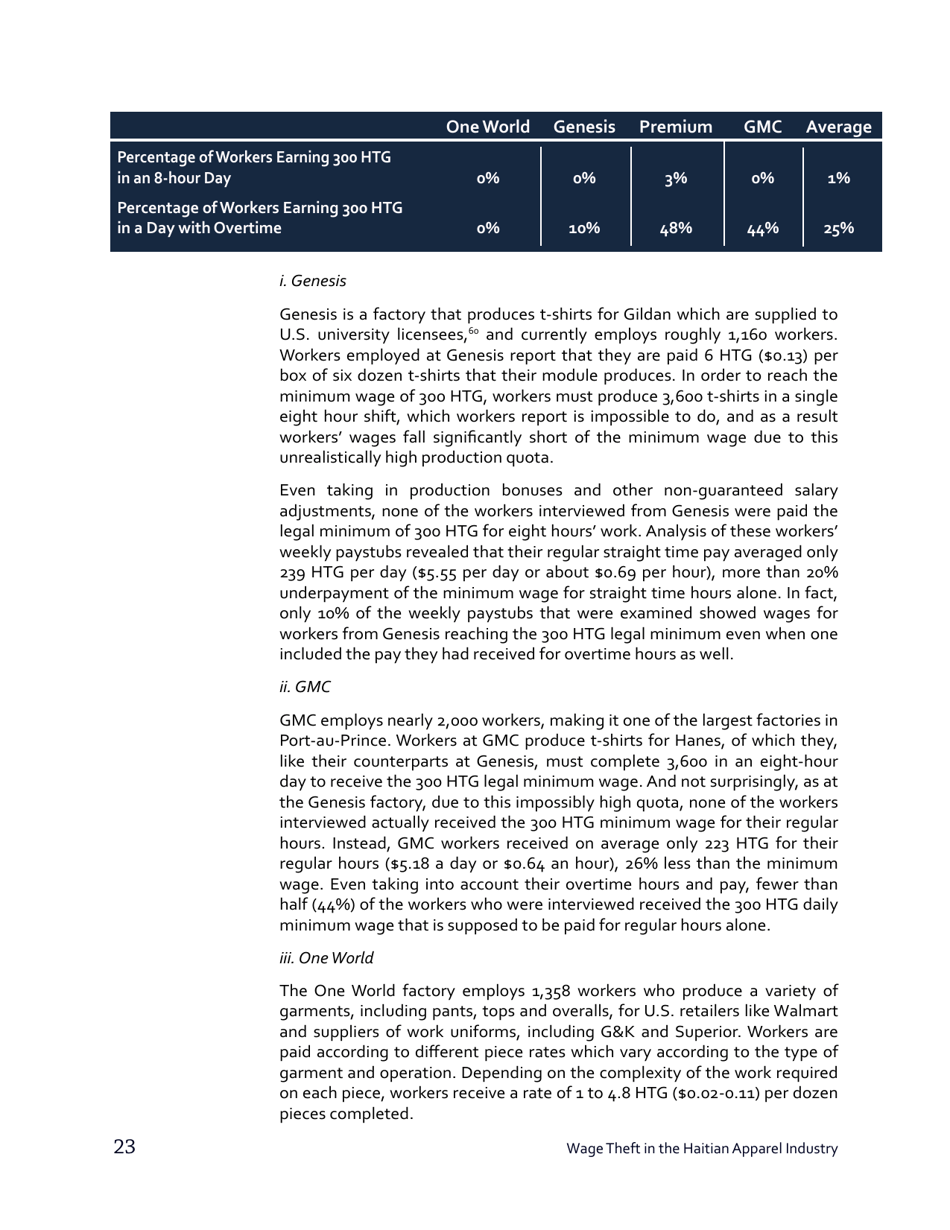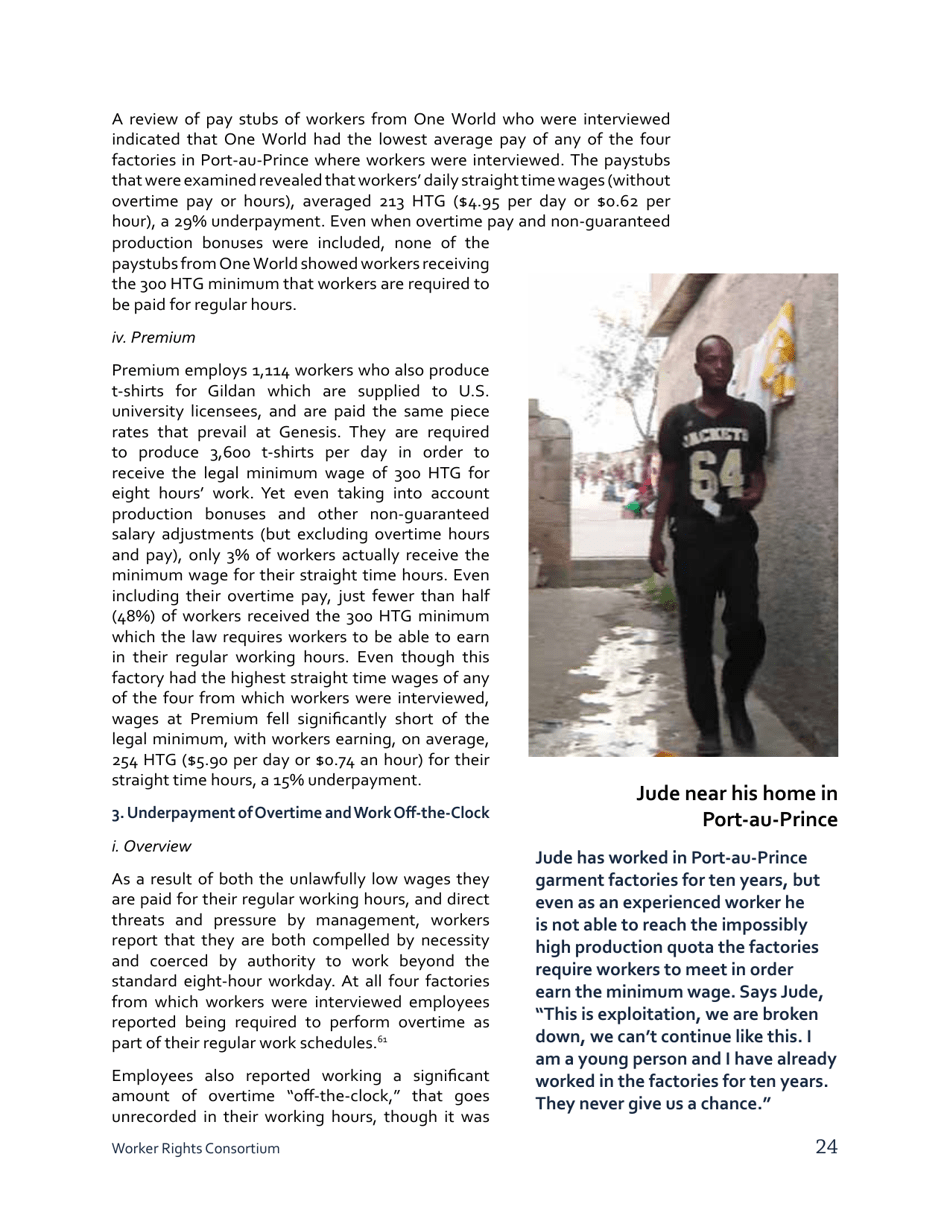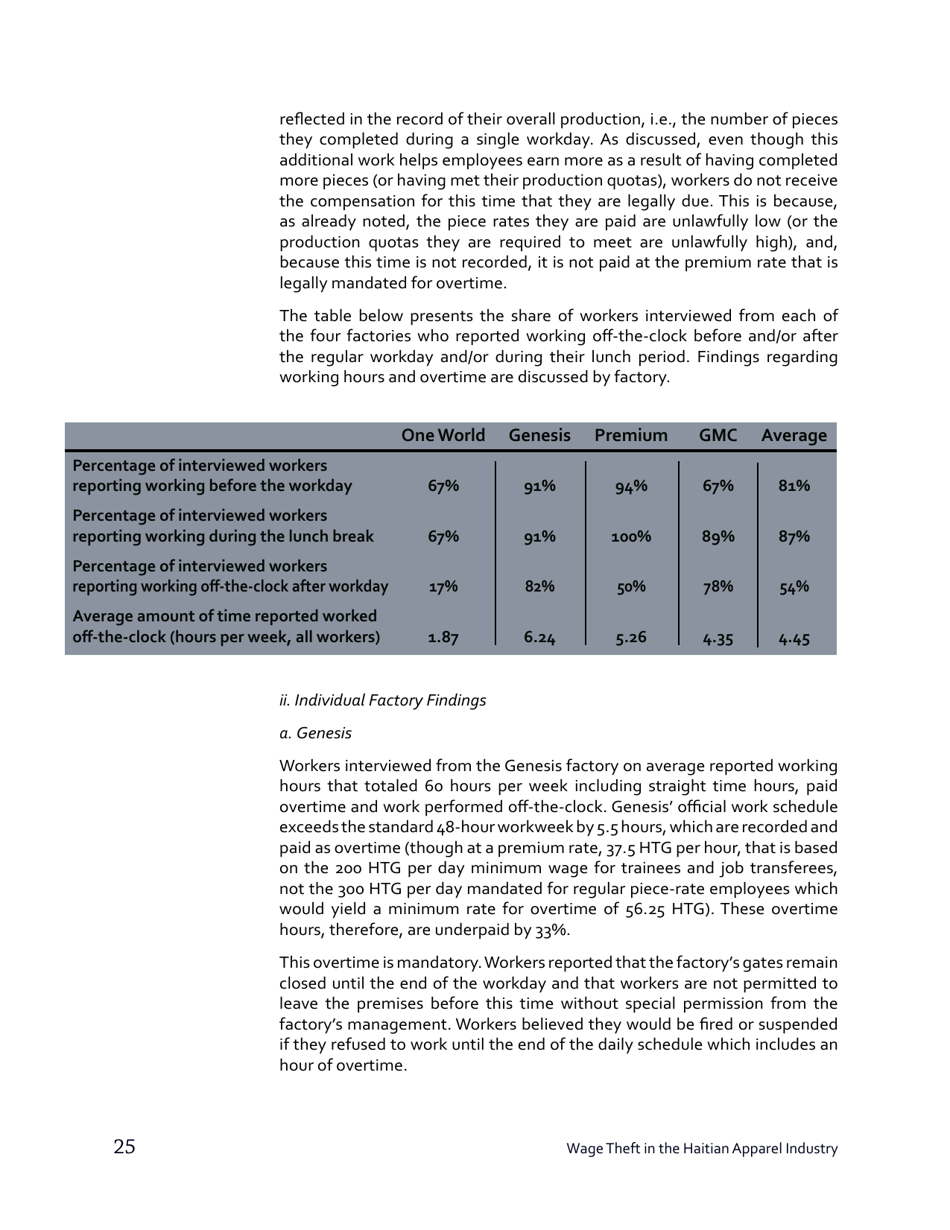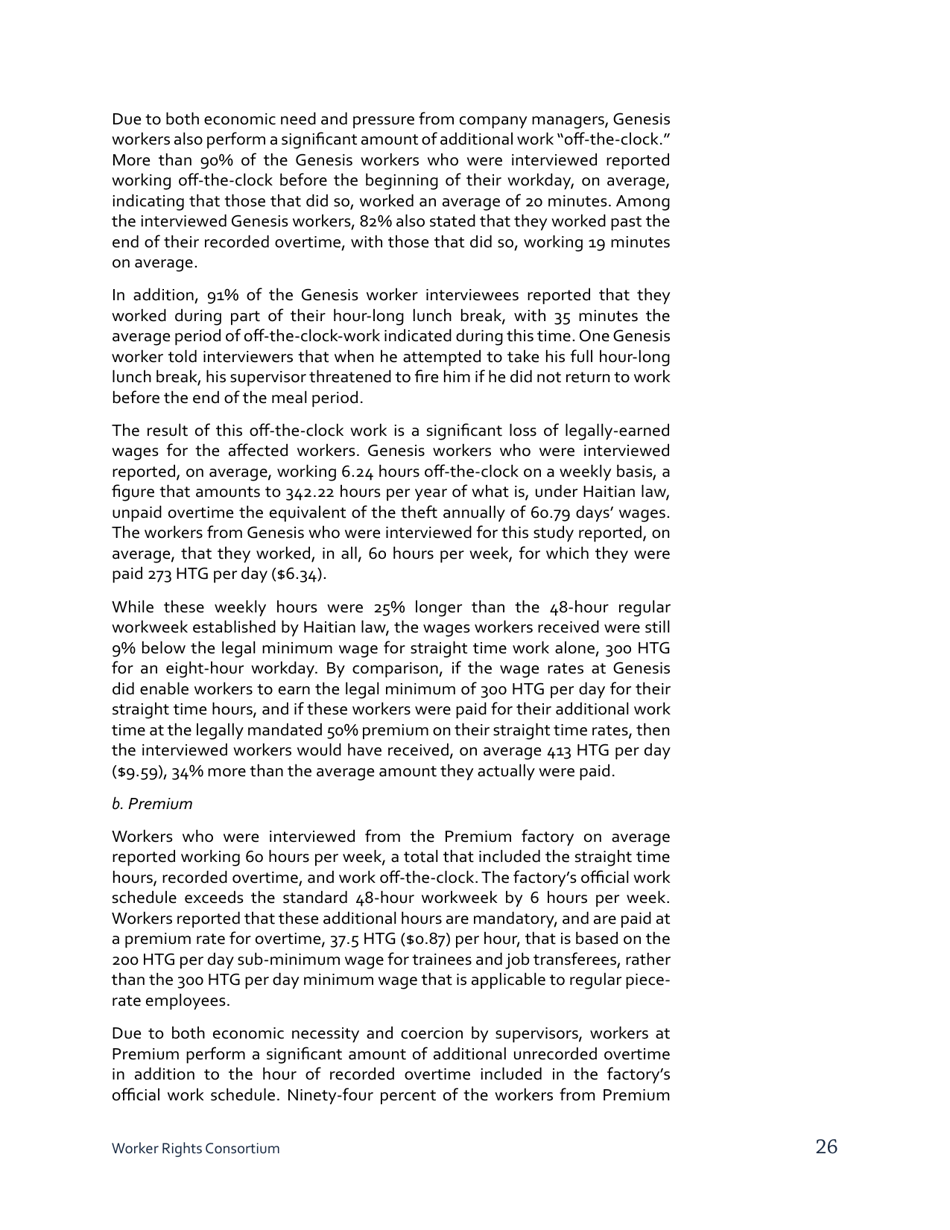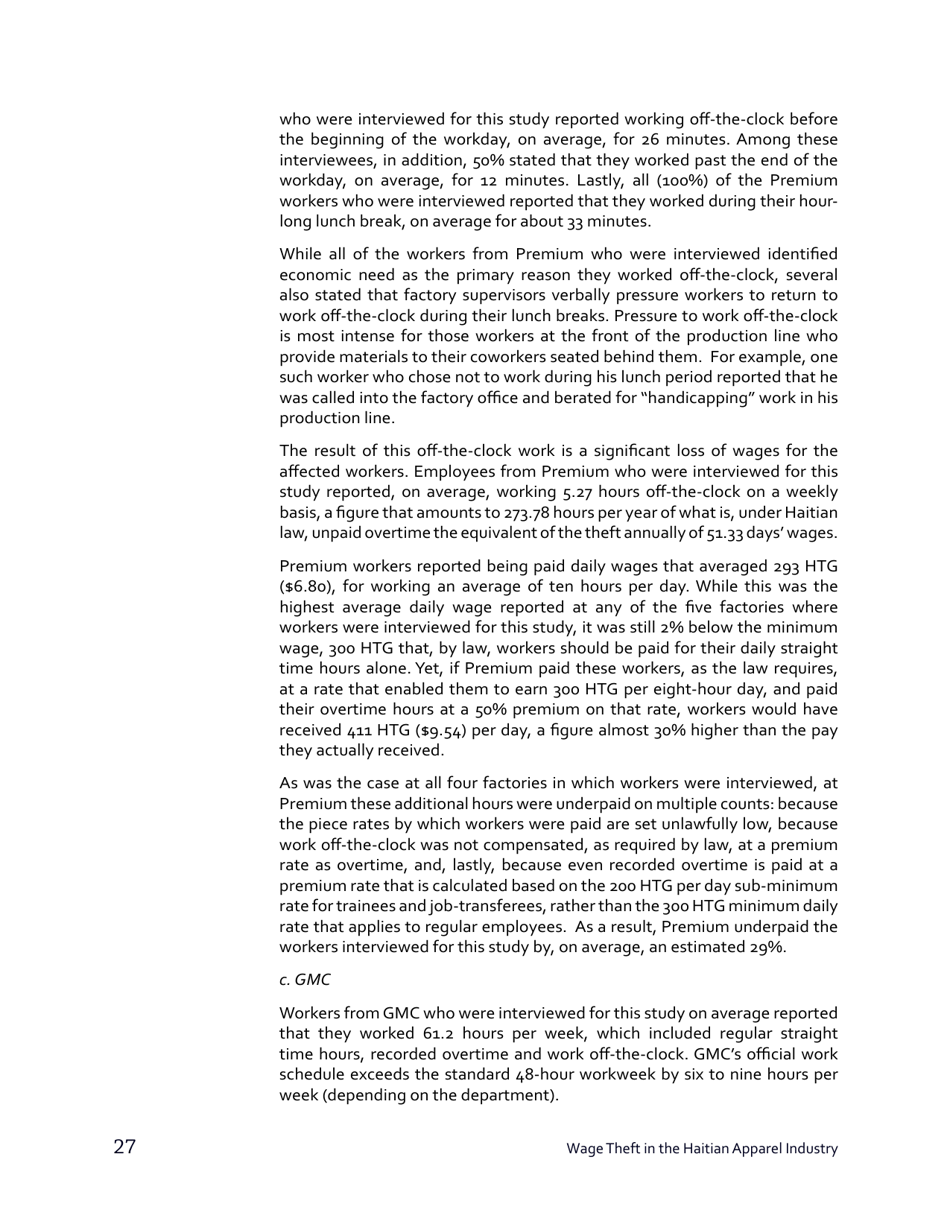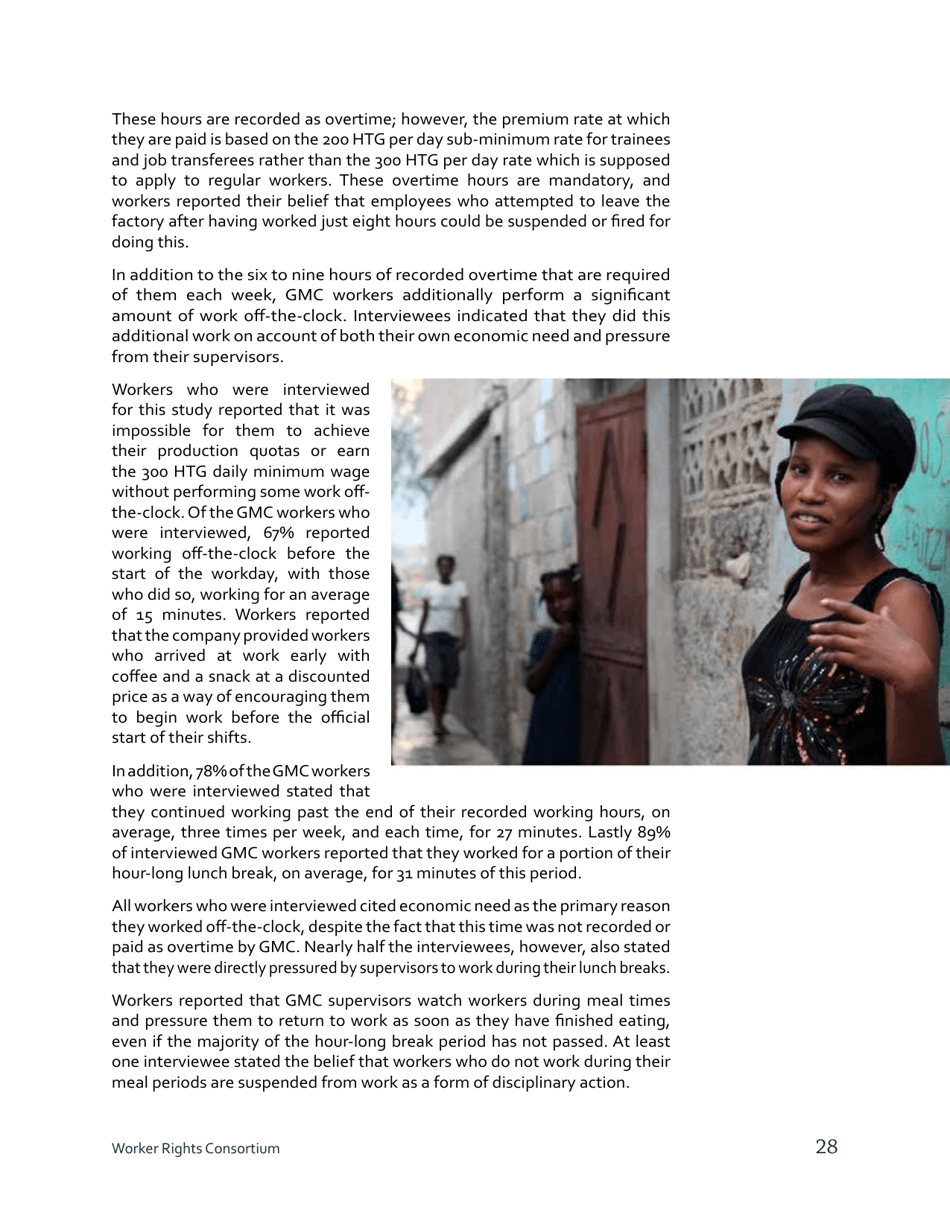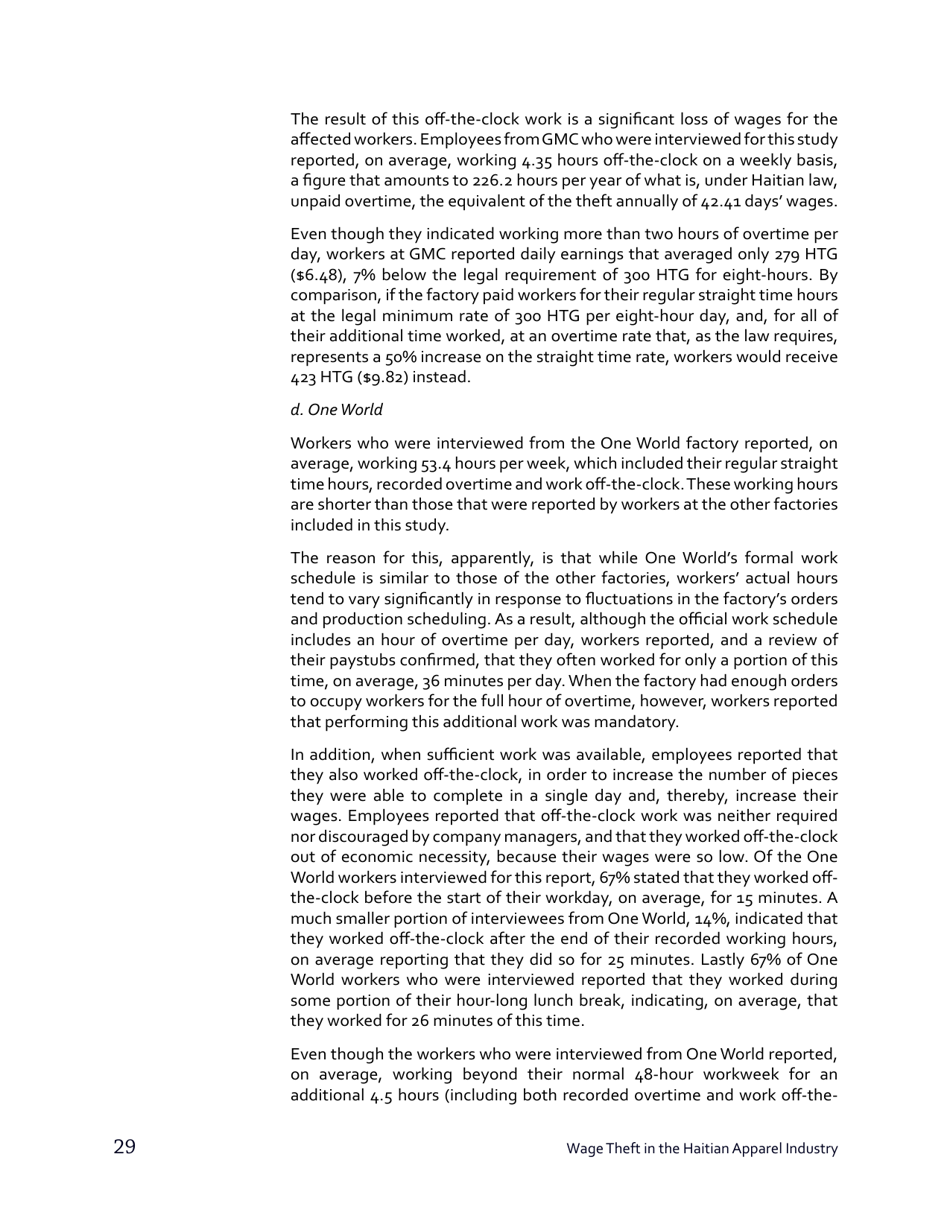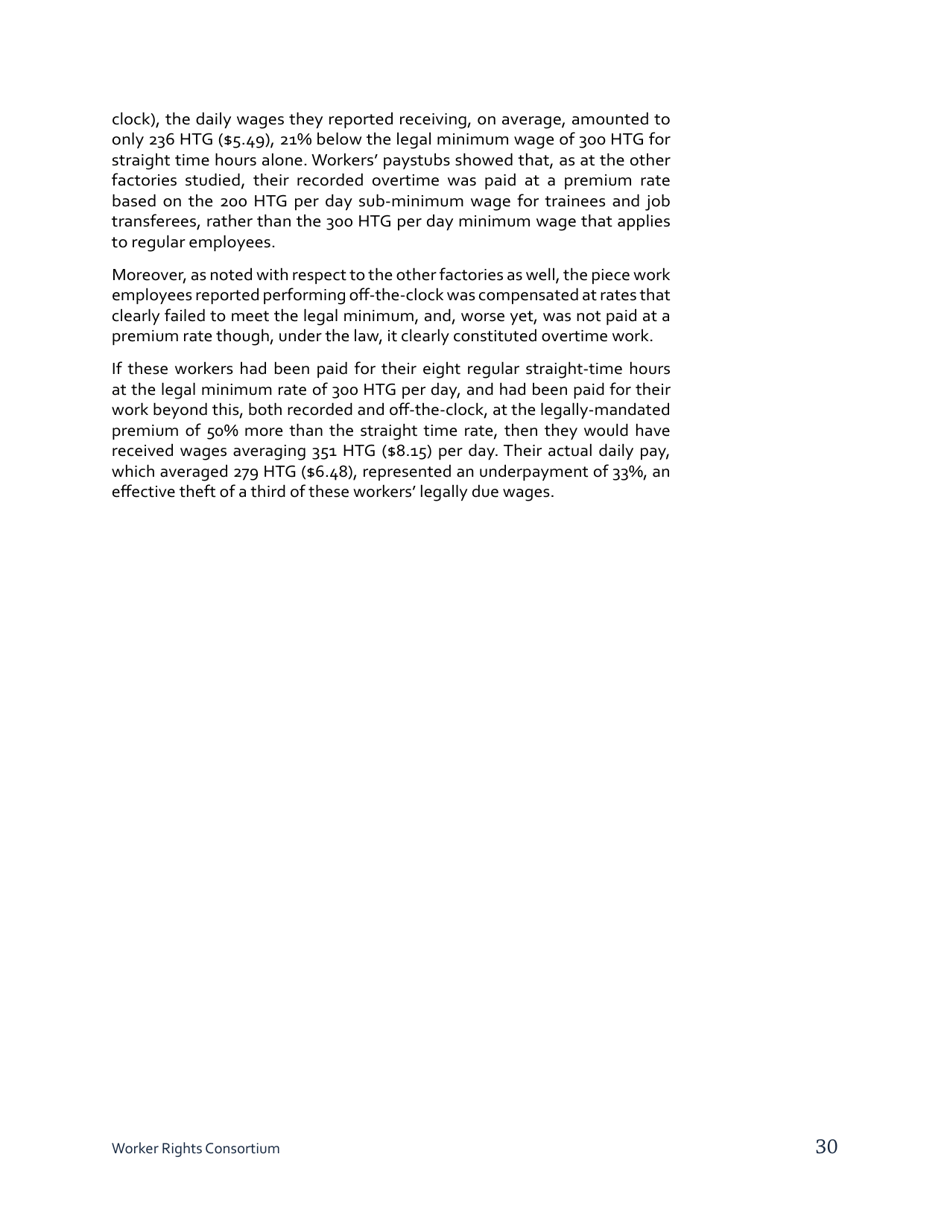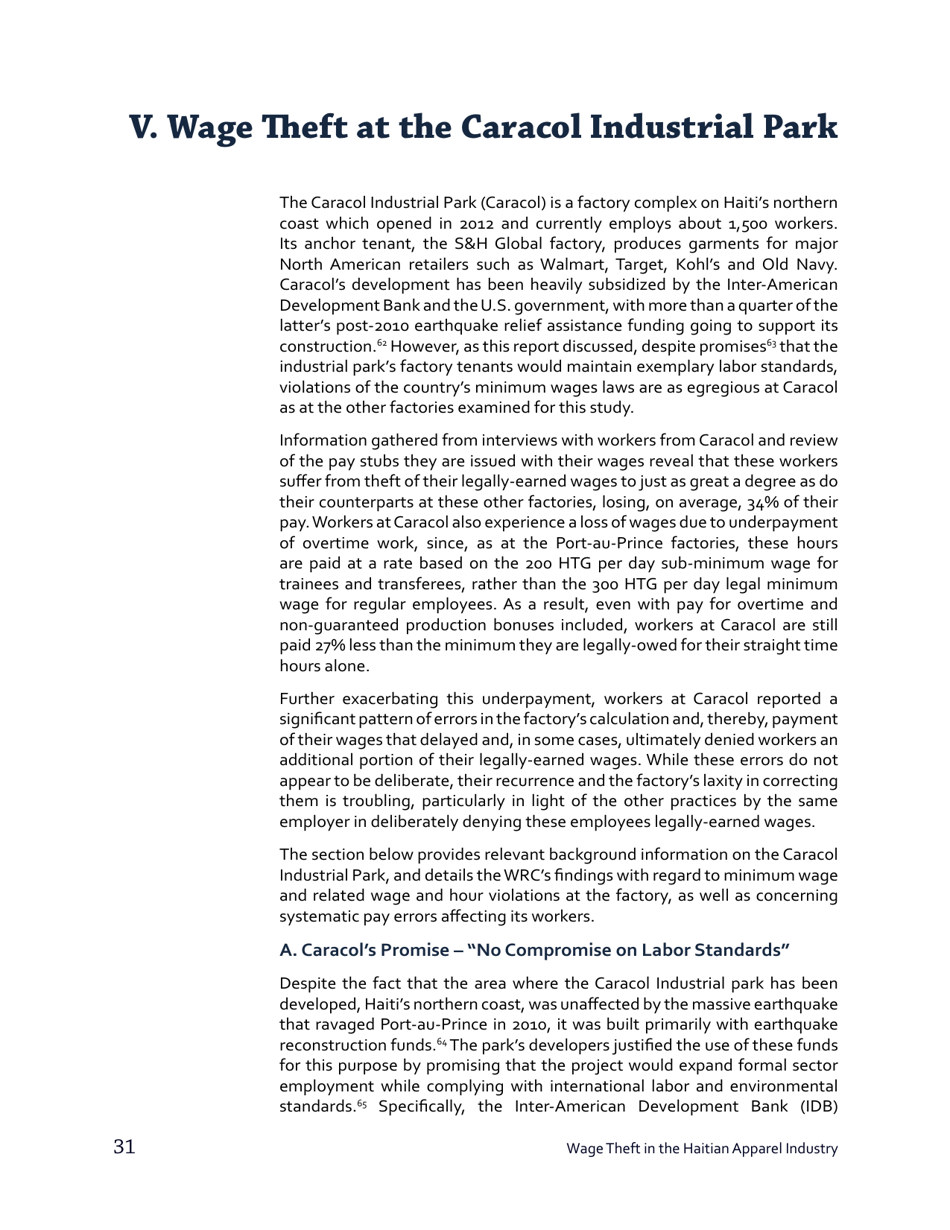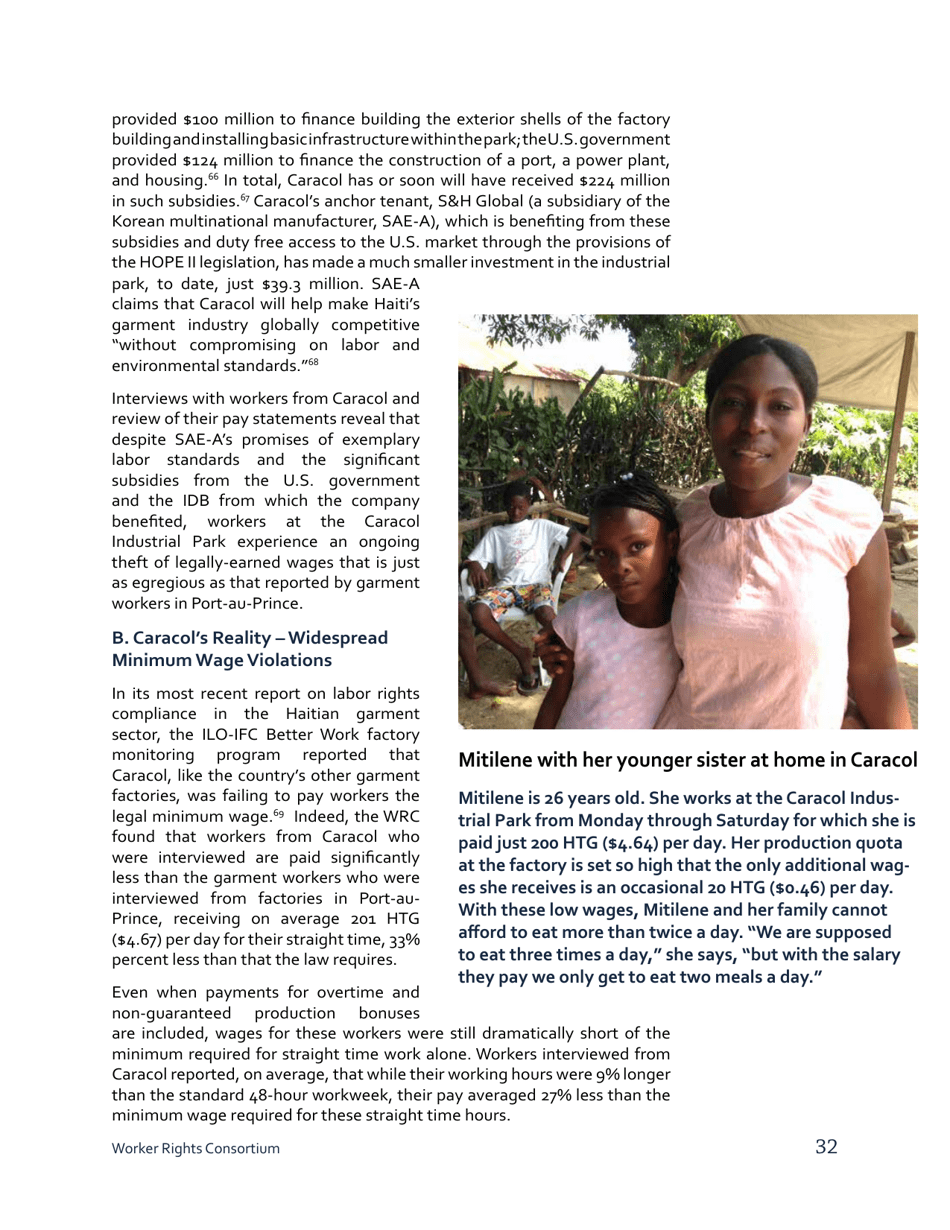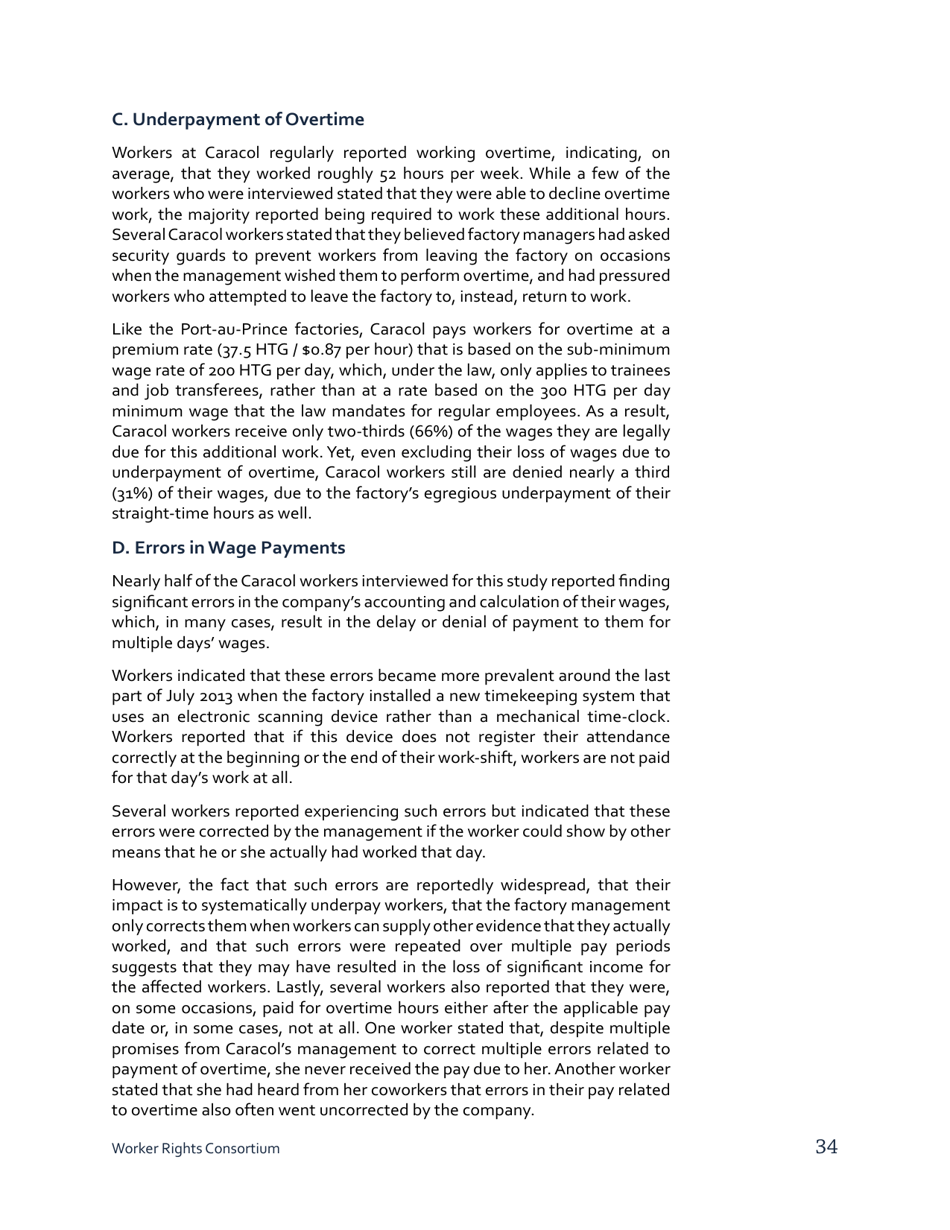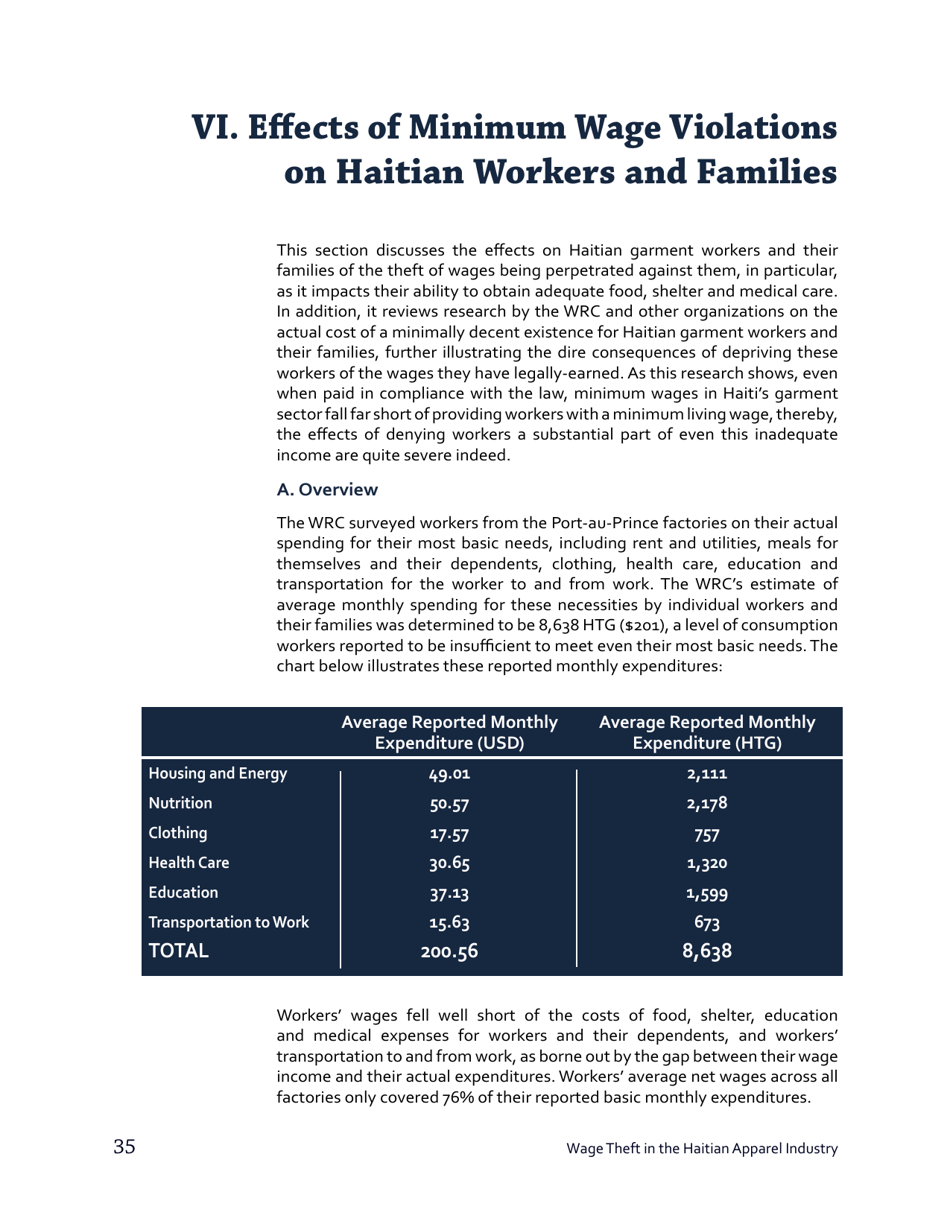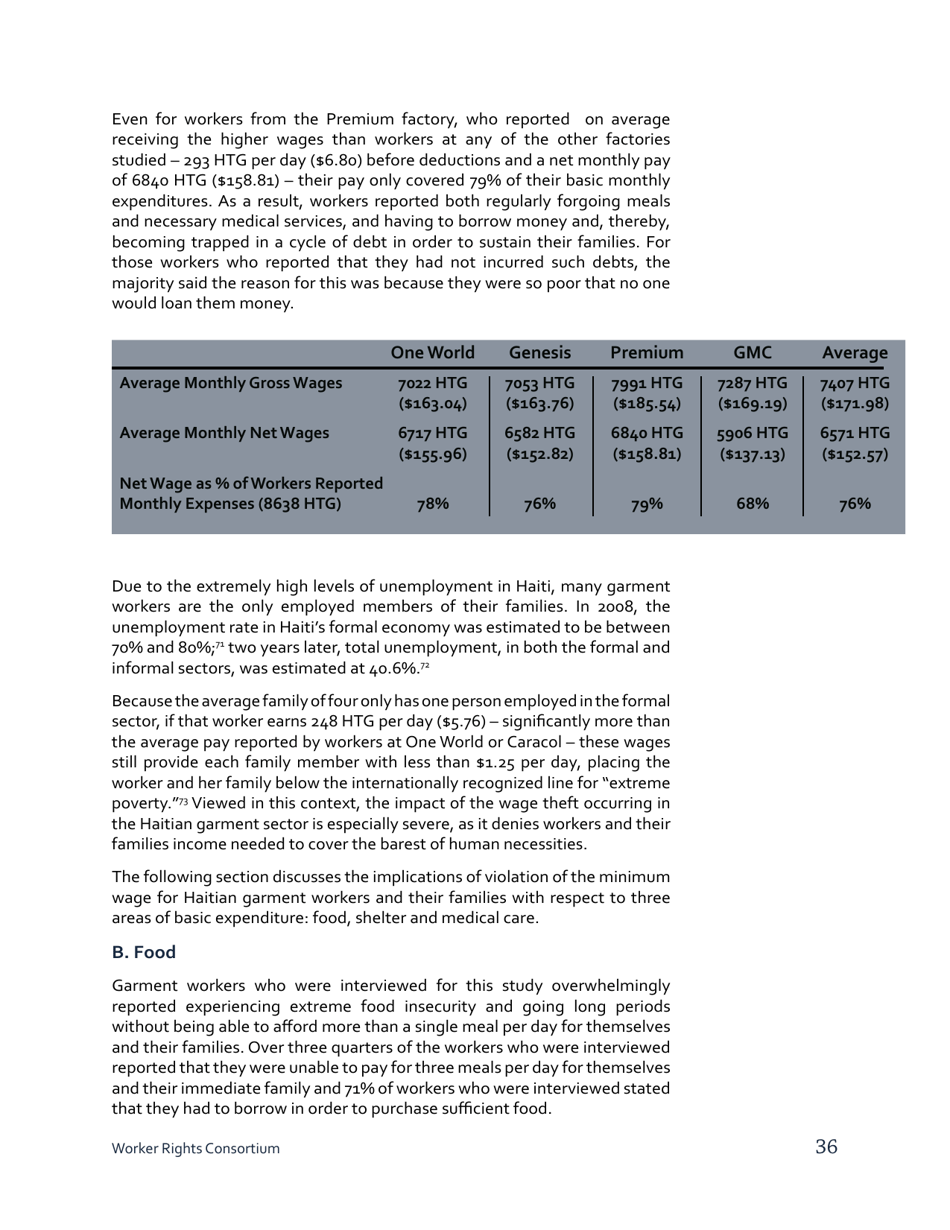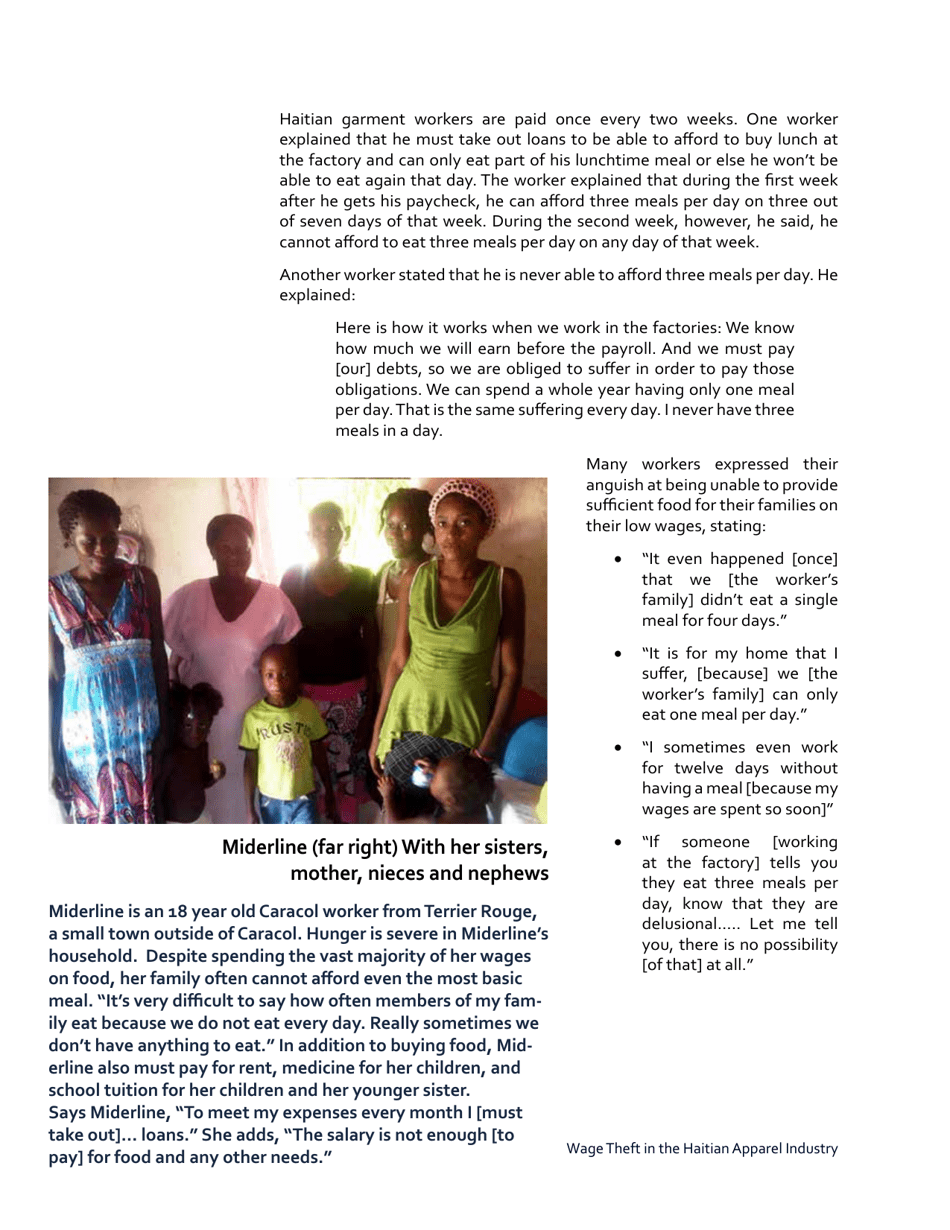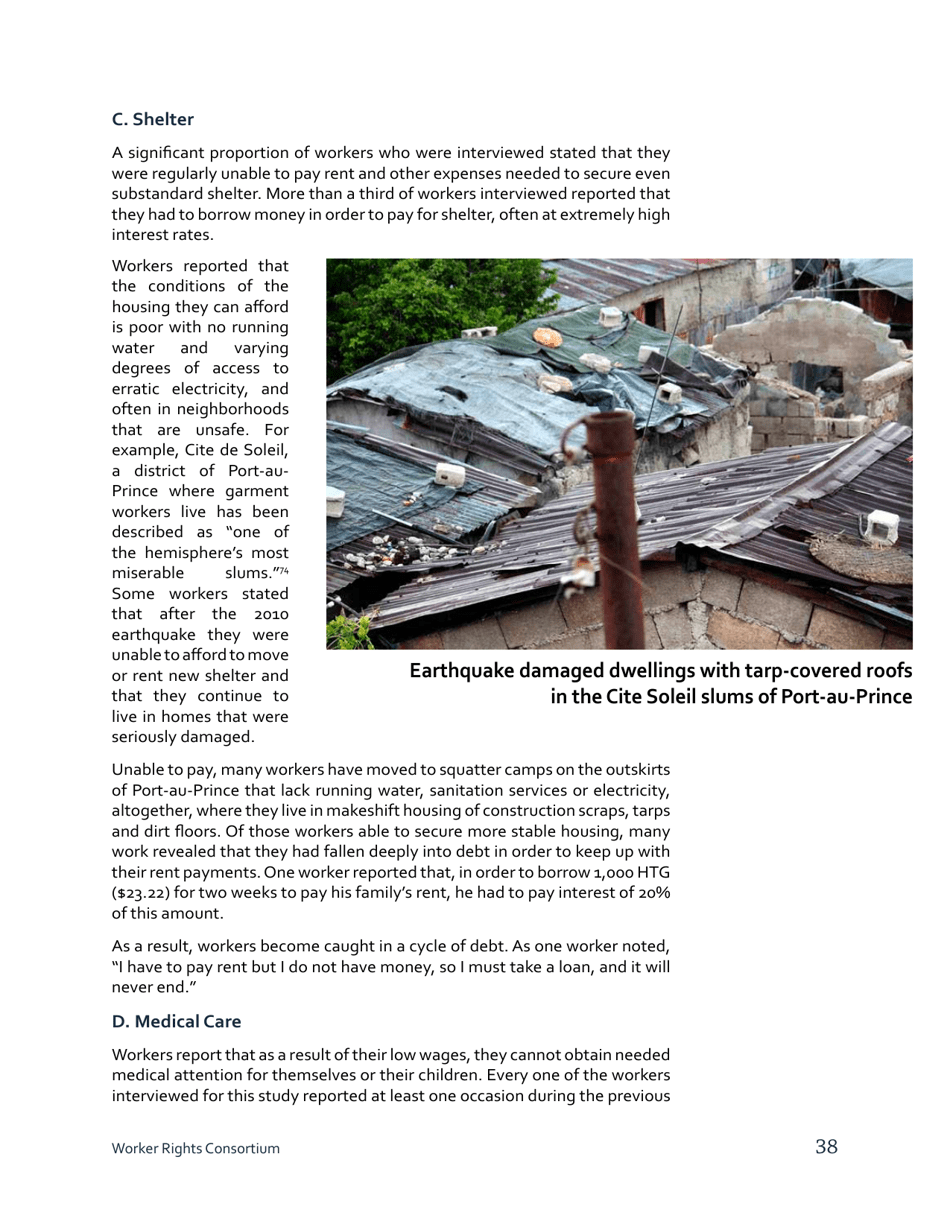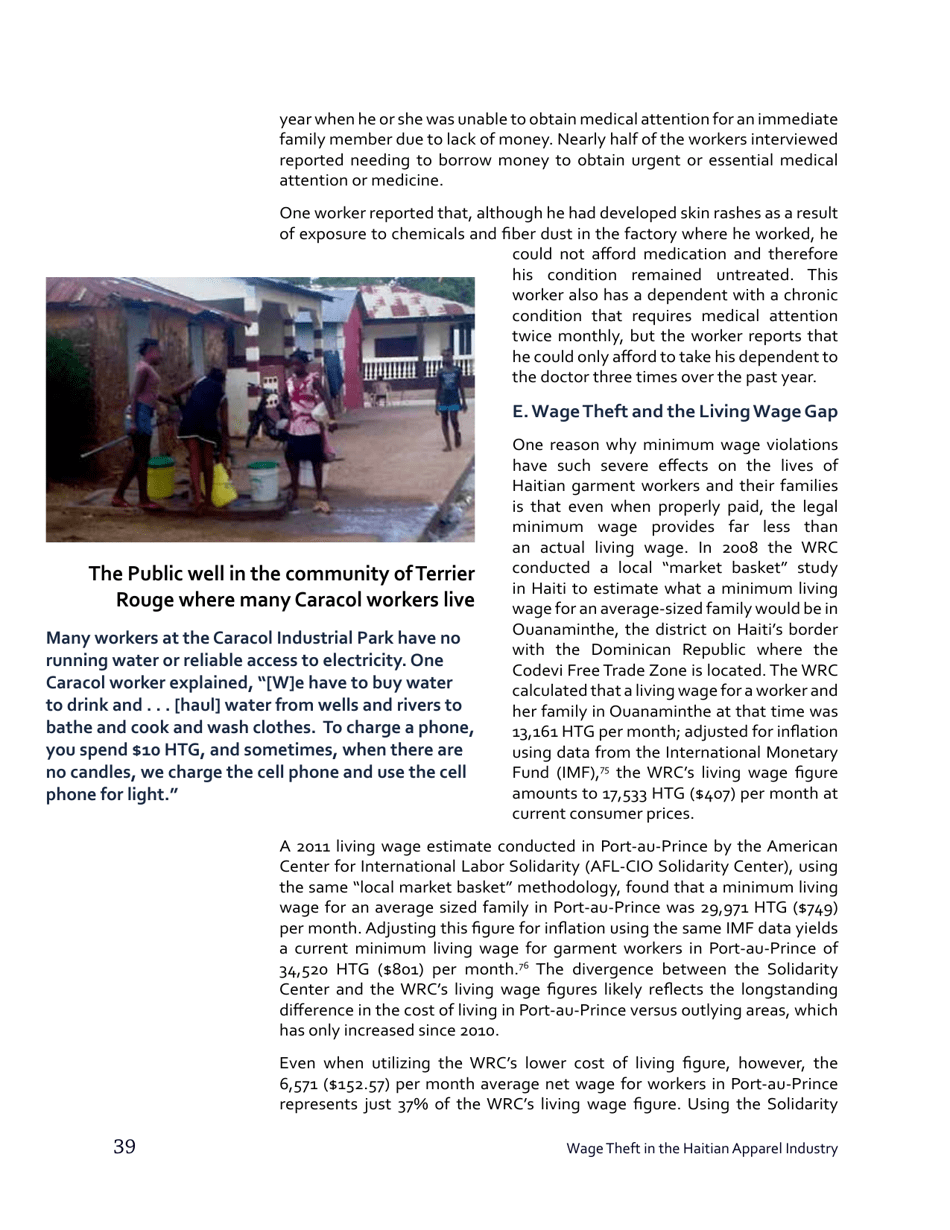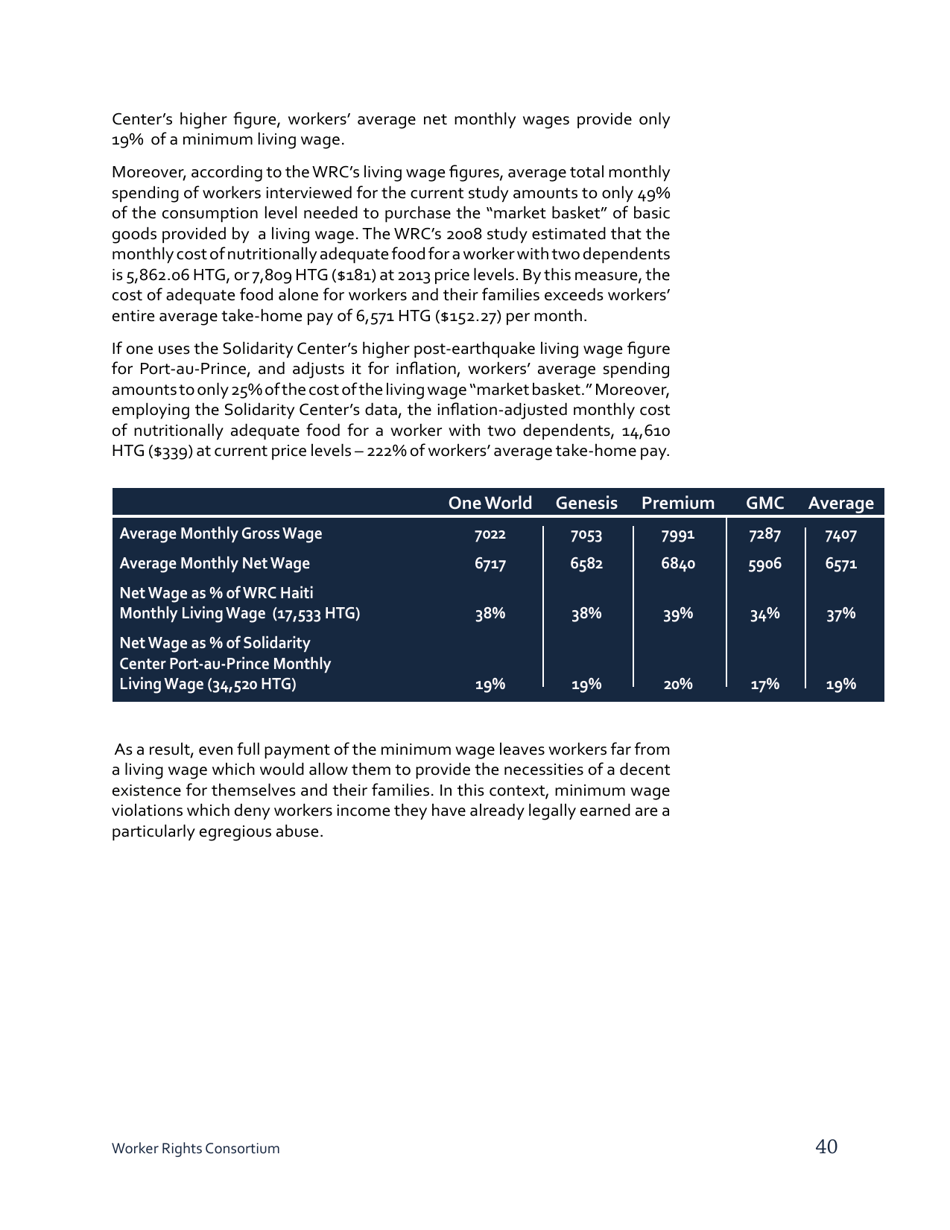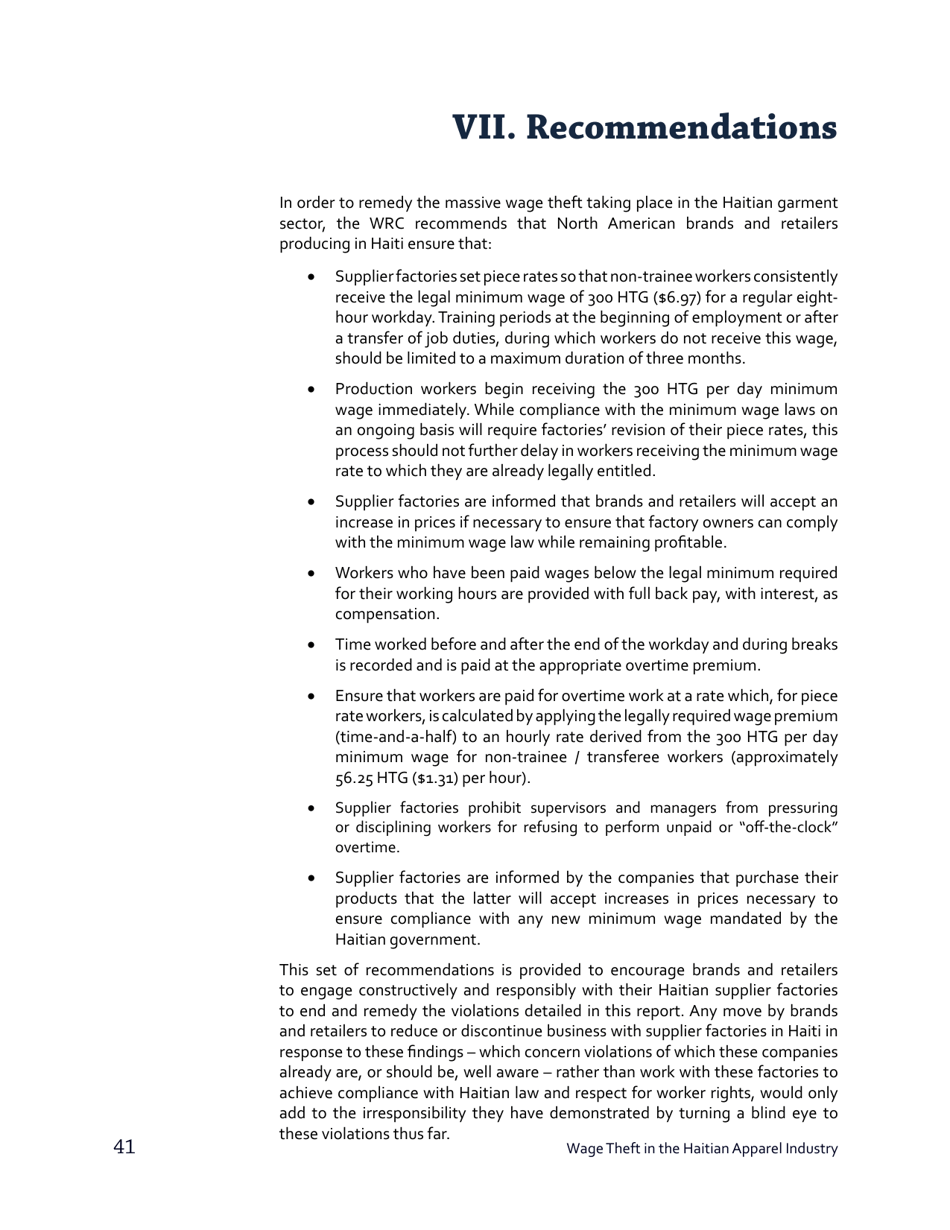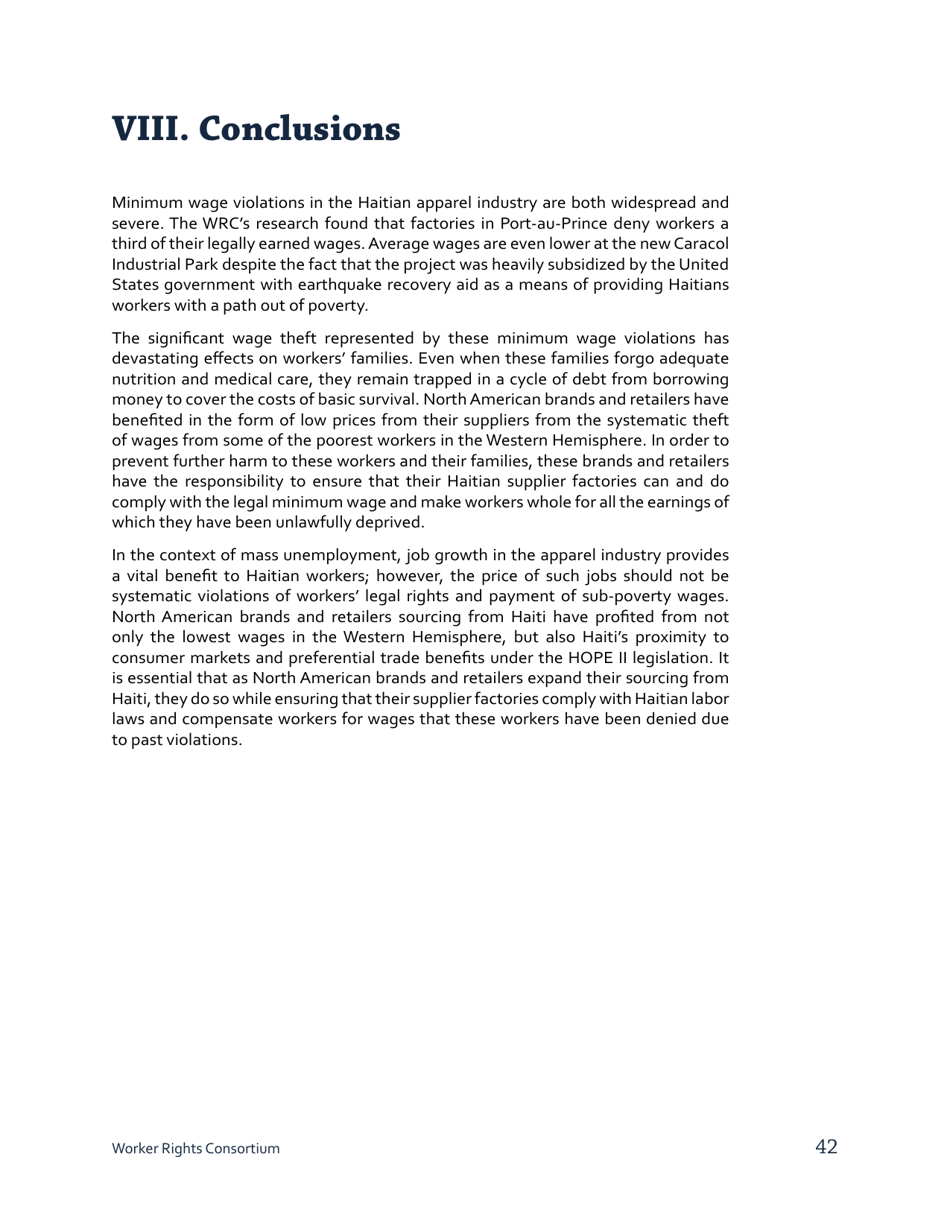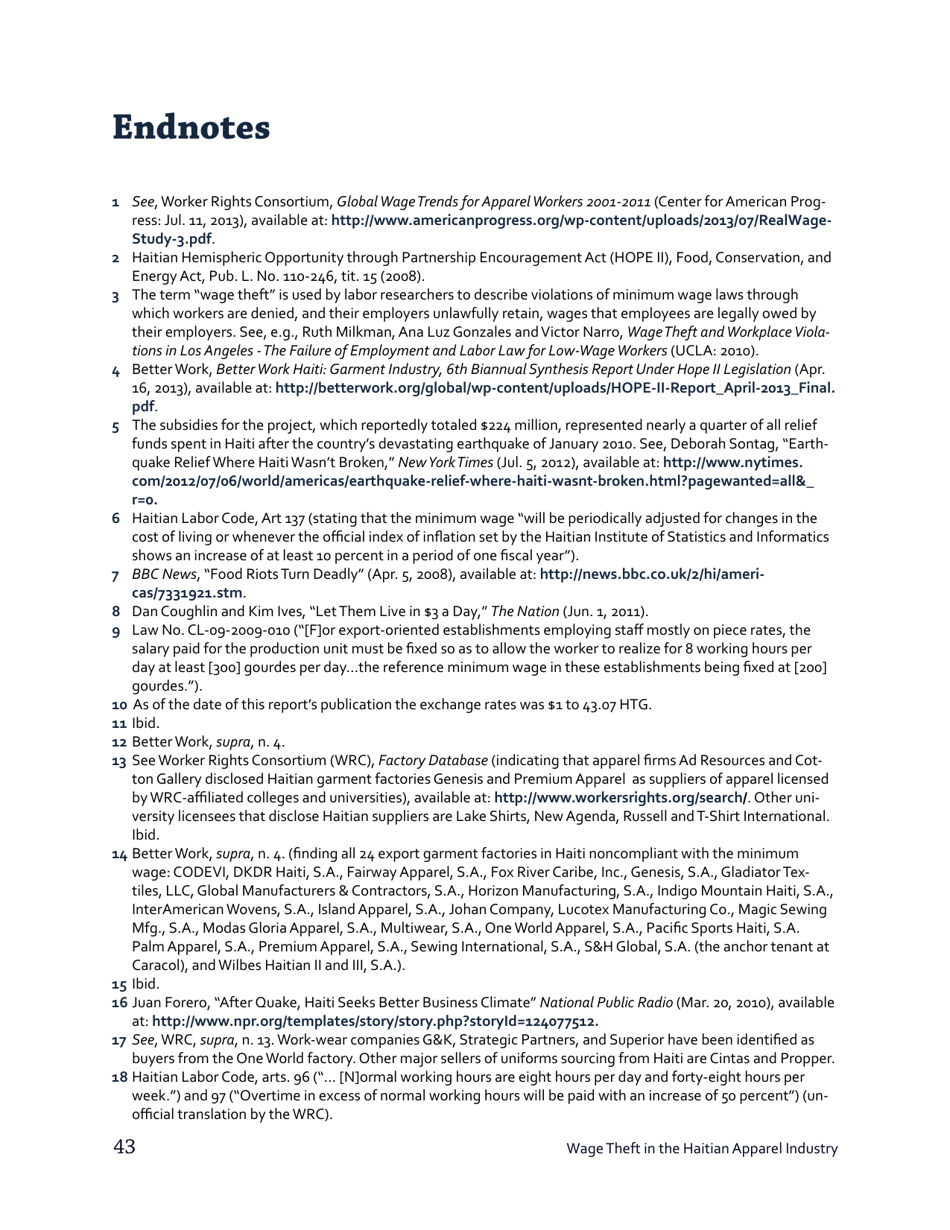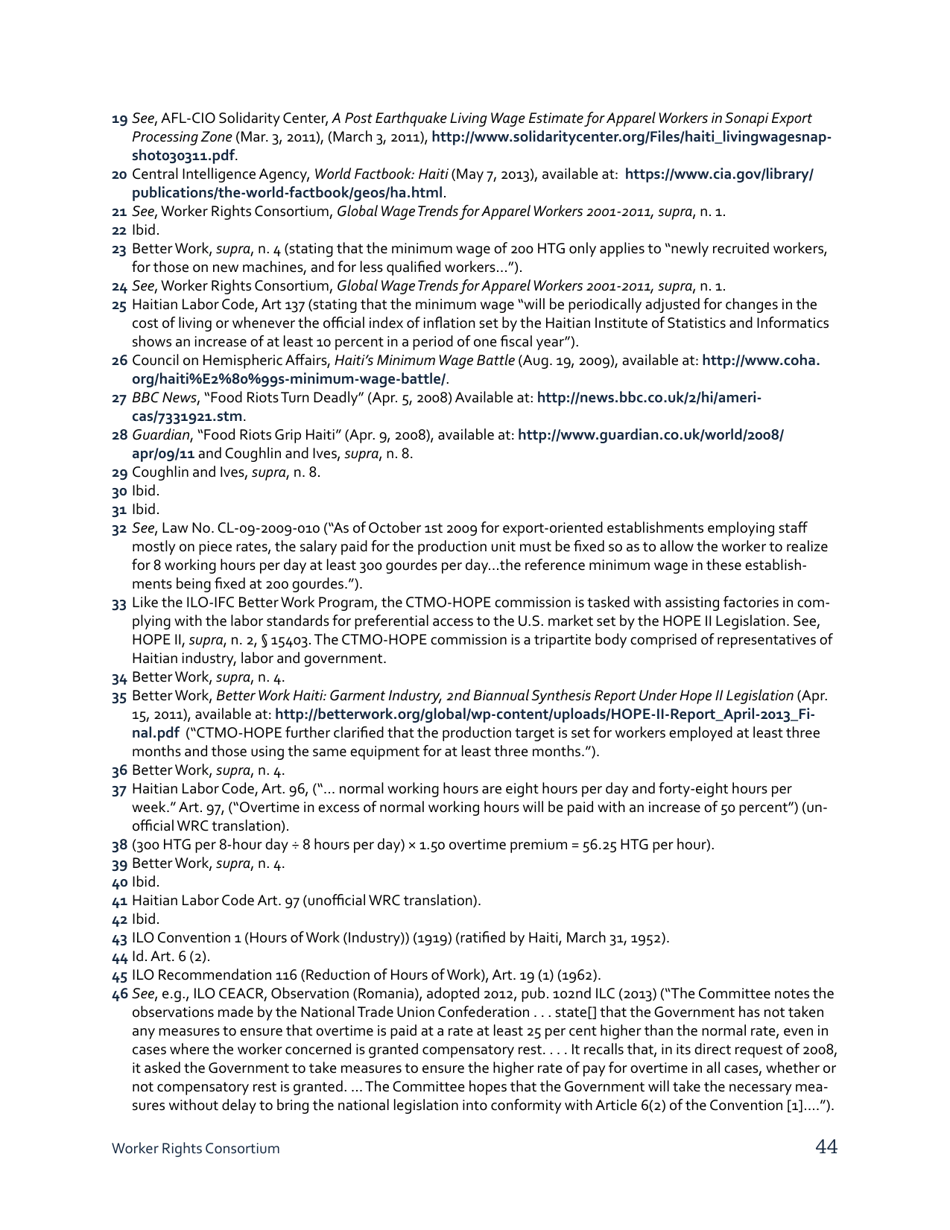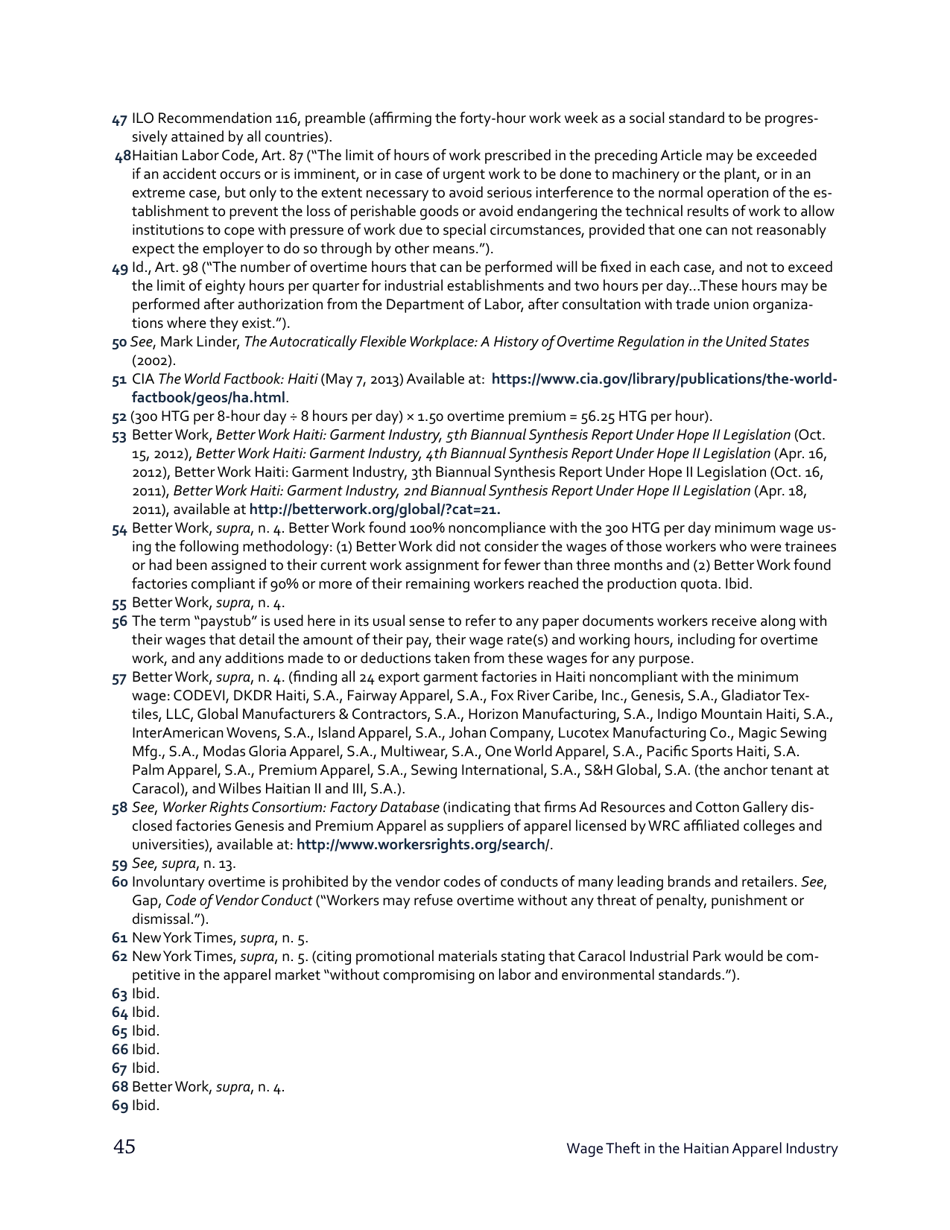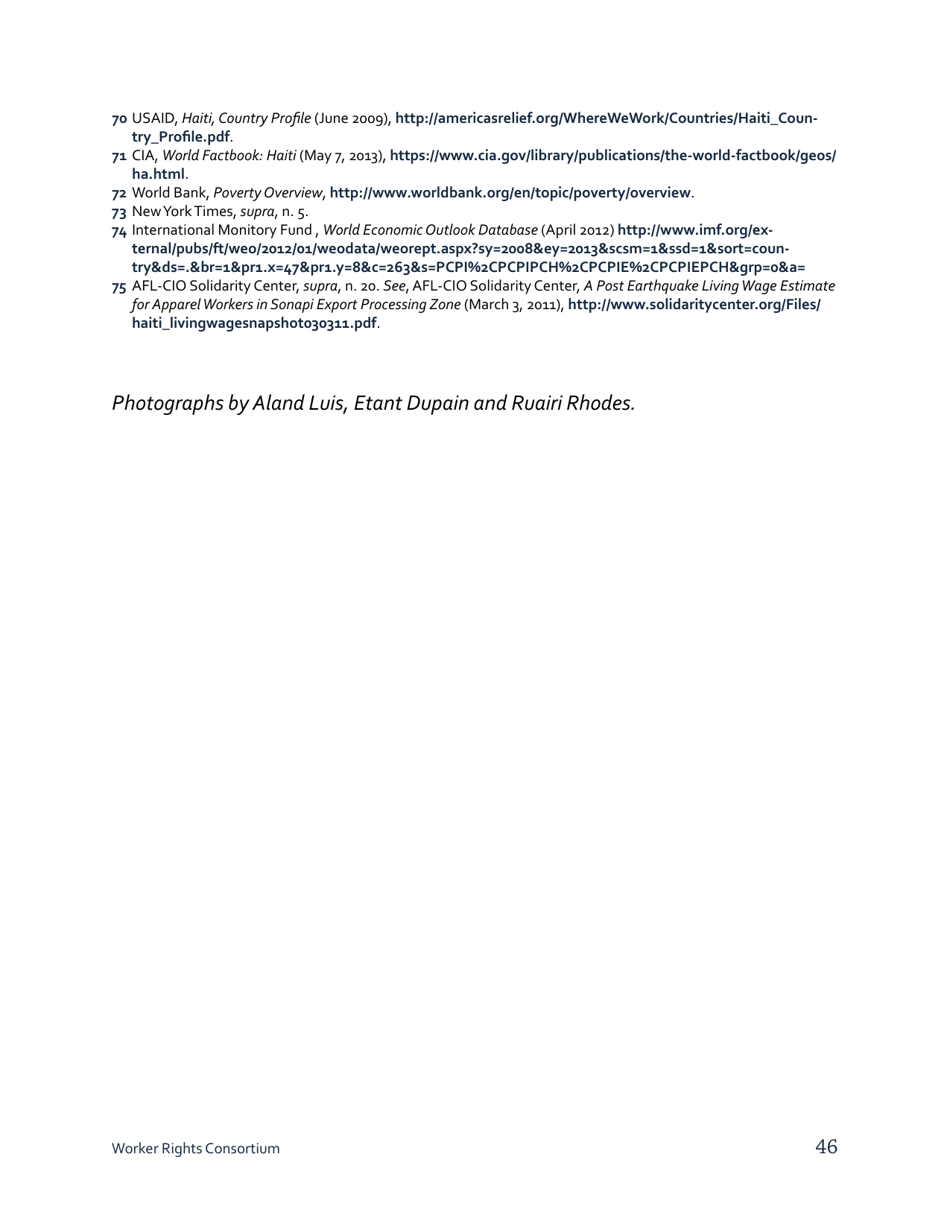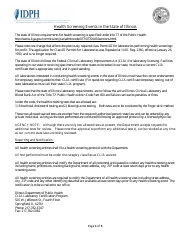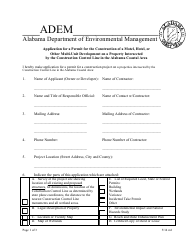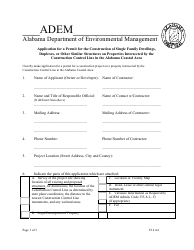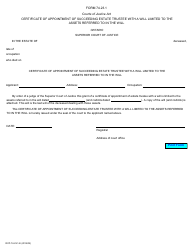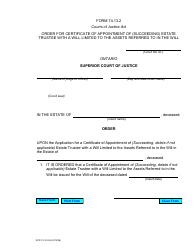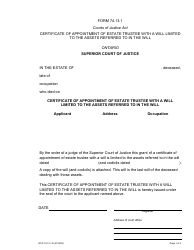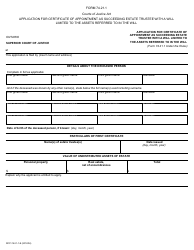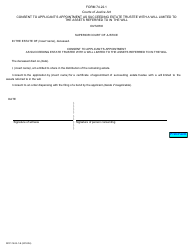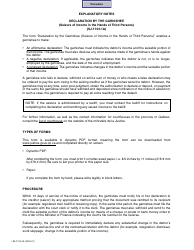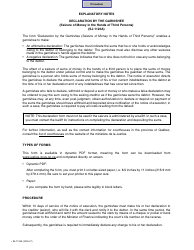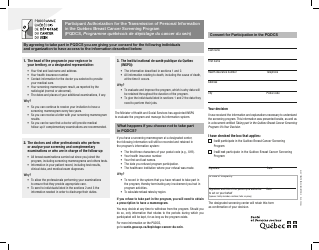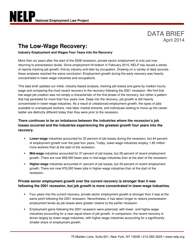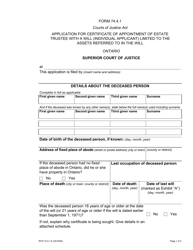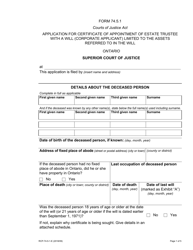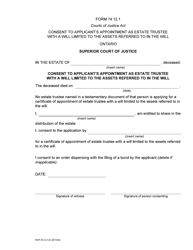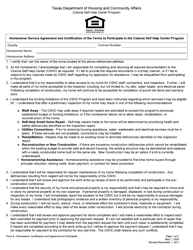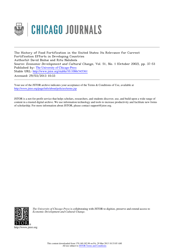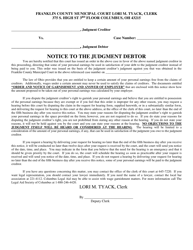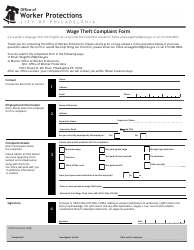Stealing From the Poor: Wage Theft in the Haitian Apparel Industry - Worker Rights Consortium
The document "Stealing From the Poor: Wage Theft in the Haitian Apparel Industry" by the Worker Rights Consortium is about investigating and raising awareness about wage theft in the Haitian apparel industry.
The Worker Rights Consortium files the report on stealing from the poor: wage theft in the Haitian apparel industry.
FAQ
Q: What is wage theft?
A: Wage theft refers to the illegal withholding of wages or benefits by an employer.
Q: What is the Haitian apparel industry?
A: The Haitian apparel industry refers to the sector that produces clothing and textiles in Haiti.
Q: What is the Worker Rights Consortium?
A: The Worker Rights Consortium is an independent labor rights monitoring organization that works to protect workers' rights in the global apparel industry.
Q: What is the focus of the document?
A: The document focuses on wage theft in the Haitian apparel industry.
Q: Why is wage theft a problem?
A: Wage theft deprives workers of their hard-earned wages, making it difficult for them to support themselves and their families.
Q: How does wage theft affect the poor?
A: Wage theft disproportionately impacts low-wage workers, including the poor, by depriving them of much-needed income.
Q: What are some examples of wage theft in the Haitian apparel industry?
A: Examples of wage theft in the Haitian apparel industry include unpaid overtime, denial of legally mandated benefits, and underpayment of wages.
Q: What are the consequences for employers engaging in wage theft?
A: Employers who engage in wage theft may face legal consequences such as fines and lawsuits.
Q: What efforts are being made to address wage theft in the Haitian apparel industry?
A: The Worker Rights Consortium and other organizations are working to advocate for stronger labor protections and improved enforcement mechanisms.
Q: How can consumers support efforts to combat wage theft?
A: Consumers can support efforts to combat wage theft by supporting brands and companies that prioritize fair labor practices and transparency in their supply chains.
